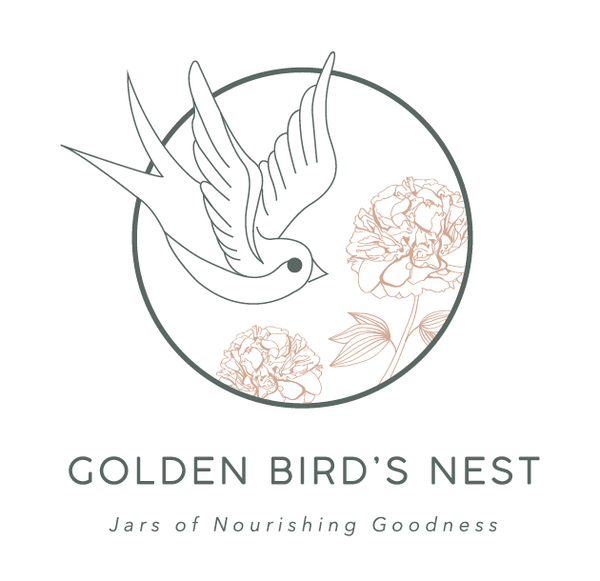FAQ
- What is Golden Bird's Nest?
- Why choose Golden Bird's Nest?
- Where are Golden Bird's Nest from?
- What are the type of bird nest product that we offer?
What types of bird nest products does Golden Bird’s Nest Australia offer?
Golden Bird’s Nest Australia caters to all your bird nest needs with a variety of options:
• 5A Dried Bird’s Nest: Perfect for those who enjoy preparing it their own way at home, customising it to their taste and preference.
• Concentrated Bird Nest: A versatile option, ready to drink as is or mix with other ingredients to create your own unique recipes.
• Ready-to-Drink Bird Nest: Our most popular choice, conveniently bottled for those seeking a quick, nutritious boost without any preparation.
- How much would the delivery cost?
Good news! At Golden Bird’s Nest Australia, all orders are delivered to you completely FREE, no matter where you are in the country.
- How long does delivery take after I put in an order?
We aim to get your bird nest products to you as quickly as possible. 95% of our orders are processed within 48 hours of being placed. Depending on your location, your order will be either shipped via AusPost or hand-delivered for a more personal touch.
- Does Golden Bird's Nest products contain any chemicals?
- How often should I consume Bird’s Nest?
- What’s the best way to consume Bird’s Nest?
Bird's nest is traditionally categorized as a tonic, ideally suited for consumption either before bedtime or upon waking up in the morning. For optimal nutrient absorption, it can be consumed at room temperature or gently heat the bottle before consumption (soak bottle in a warm water bath), facilitating better assimilation of the nutrients within our bodies.
- Could Bird's Nest consumption trigger an allergic reaction?
- Does Bird's Nest help with beauty?
Bird's nest is renowned for its anti-tyrosinase activity, effectively impeding melanocytes from producing melanin, contributing to skin lightening. Thanks to sialic acid's ability to permeate skin tissue, bird's nest can be orally consumed. Studies indicate that sialic acid is the primary whitening agent present in bird's nest. Remarkably, the antioxidant capacity of bird's nest surpasses various fruits, boasting 1.4 times the antioxidant power of blackberries, 3 times more than blueberries, and an impressive 6 times greater than red raspberries, outstripping oranges by multiple folds. These potent antioxidants position bird's nest as a formidable ally in combating aging. Moreover, the bird's nest is rich in epidermal growth factor (EGF)-like properties, stimulating cell division, proliferation, and supporting tissue regeneration.
- What are the advantages of consuming Bird's Nest during pregnancy?
Consuming bird's nest during pregnancy is suggested for prenatal and postpartum health. Rich in sialic acid, it aids the baby's brain development and boosts the mother and baby's resistance. Regular intake, averaging 1.5 to 5 grams per serving daily until the end of lactation, is recommended. Particularly crucial during the first trimester, the sialic acid in bird's nest supports fetal brain development, making daily consumption advisable throughout the initial three months of pregnancy.
- Can you consume Bird's Nest after giving birth and when can I start consuming it?
